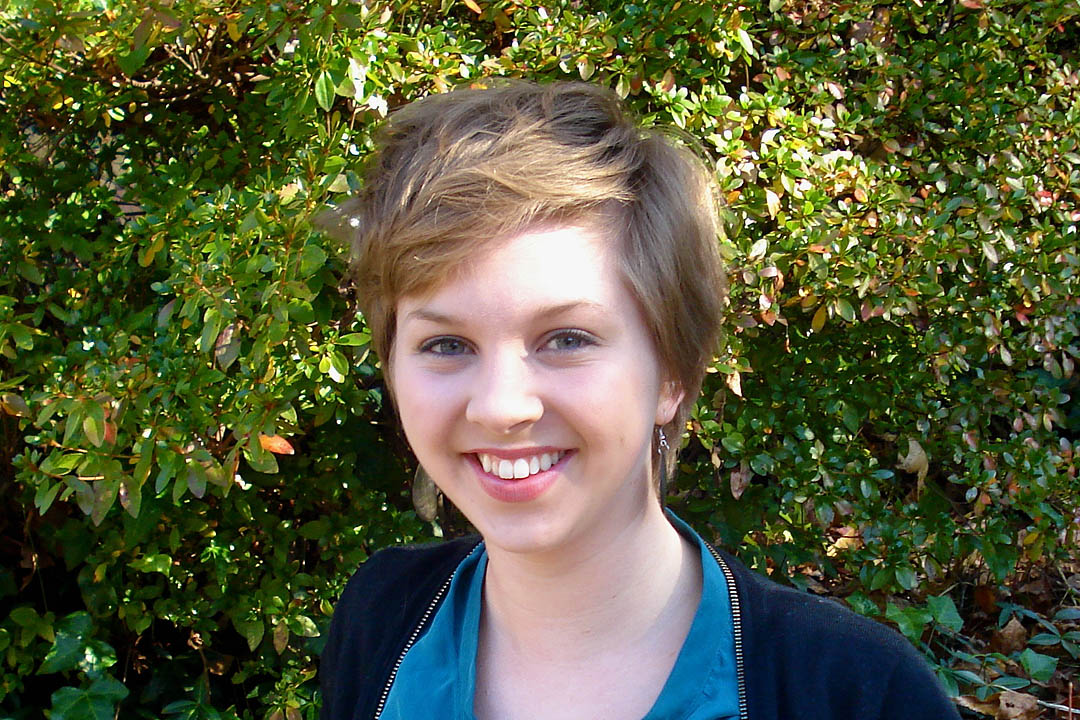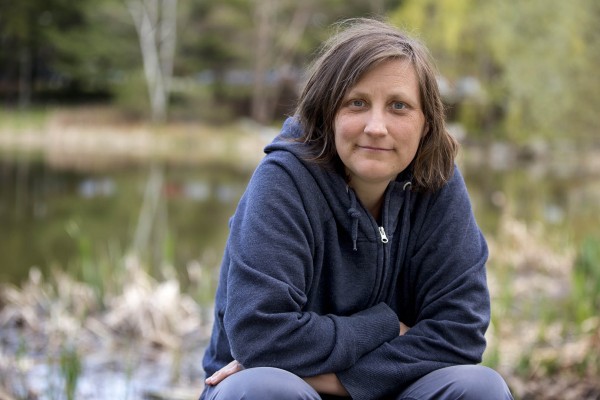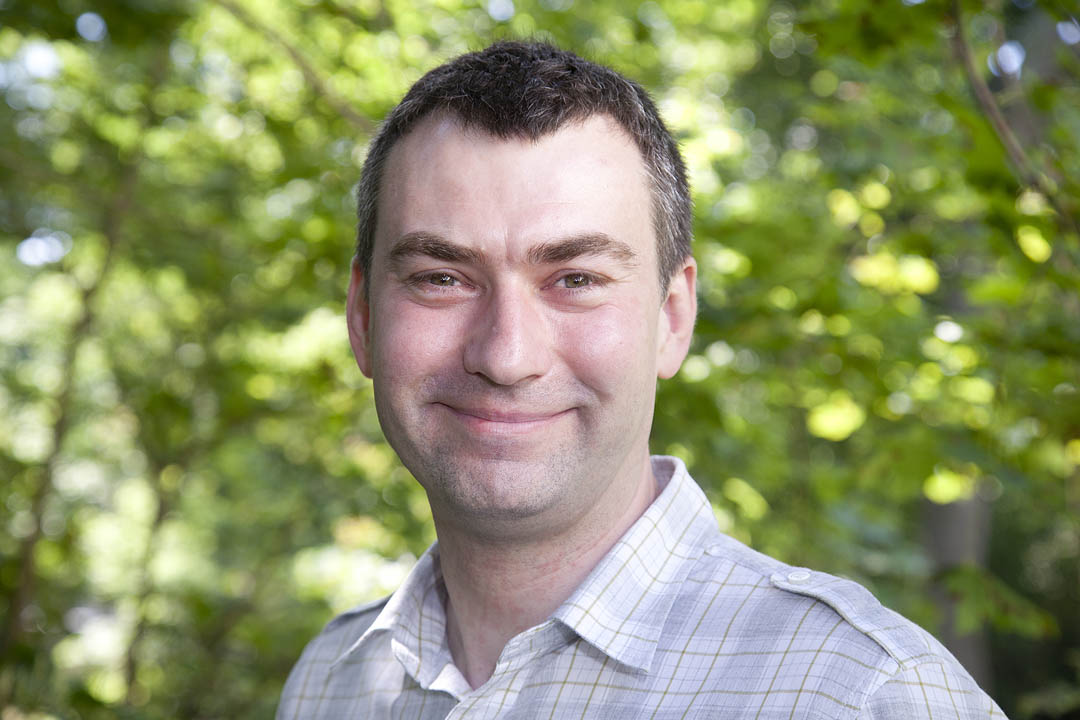
Bates welcomes new faculty: Brooke O’Harra, theater
Good interviewers ask open-ended questions — questions that don’t have a choice of answers built in.
That’s also how Brooke O’Harra, hired this year as assistant professor of theater, approaches a play that she’s creating or directing. Unabashedly experimental, her theatrical work outside academe “is a little bit research-based and a little bit a study of process,” she says. “I never know what a play’s going to be like in the end.”
Instead, she’s in it for the exploration. “What are the questions and problems of the work going to be? How do I create systems to address those? In a way, that goes back to me being an engineering major” — which O’Harra was until quite late in her undergraduate career at Lafayette College — “and having a scientific, mathematical perspective on things.”
Read more profiles of tenure-track faculty new at Bates in 2013:
- Lydia Barnett, assistant professor of history
- Jonathan Cavallero, assistant professor of rhetoric
- Travis Gould, assistant professor of physics
Co-founder of a New York City company called The Theatre of a Two-headed Calf, O’Harra’s projects have included Room for Cream, a three-season, 25-episode live lesbian soap opera that she directed, co-wrote and also adapted for performance in Istanbul; and Time Passes, a project developed with artist Sharon Hayes that consists of an eight-hour performance incorporating an audiobook of Virginia Woolf’s novel To the Lighthouse.
O’Harra has been a resident artist at New York’s prestigious La MaMa Experimental Theatre Company, among other organizations, and has studied and made theater in Central Europe, Asia and Africa.
Through a series of staged encounters that she is undertaking with both actors and non-actors, O’Harra these days is investigating a phenomenon she has noticed while working with acting students on contemporary plays. “Students, even when more than 50 percent of them are women, gravitate toward plays by men,” she says.
Why might that be? “As an actor, or teaching actors, you’re always looking for the moment of conflict,” O’Harra explains. “In plays by men, conflict is very mapped out” — male playwrights tend to deal in two-fisted scenes that make conflict apparent.
“In contemporary plays by women, the conflict is not apparent — it seems banal,” she says. “But it has all of this anguish and tension underneath it. And that’s a much harder thing for an actor to perform, because they want to perform that kind of, ‘I’m in love with you,’ ‘I hate you.’ ”
But the two genres are really depicting “different kinds of struggle,” she says. “I’m interested in this banality, and how do you perform the banal? How do you perform tension without performing tension? And I think it’s gendered and there’s something feminist about it.”
The first play O’Harra expects to direct at Bates doesn’t quite fit that research topic, but it does exemplify her interest in the theater of the oblique. Enjoy is the English title of a work by Japanese playwright Toshiki Okada that transposes the “mumblecore” film genre to the stage and teases out the dramatic power of the inarticulate.
The New York Times‘ Jason Zinoman discussed the play’s listless and tongue-tangled characters in a 2010 review. “While these overeducated and underemployed members of the nation’s lost generation keep saying, ‘you know,’ none of them do,” he wrote. “This bittersweet drama . . . turns inarticulateness into the sort of poetry that rewards close listening.”
At Bates, a college that prepares students for global citizenship, training as an actor is highly valuable, O’Harra says. Students of acting “have to start to understand how they exist in the world, how they function in relation to others.”
Acting teaches you, she explains, “to rework yourself, to encounter each situation in a way that you’re reading the other. That makes you a good anything — a good manager, a good public speaker, a good politician.”
After earning an English degree at Lafayette, O’Harra received a master’s of fine arts in theater at Tulane University. She has taught at Mount Holyoke College and at New York University’s Tisch School of the Arts, including its Experimental Theatre Wing.




